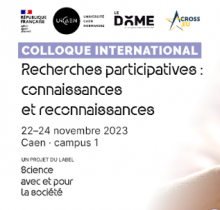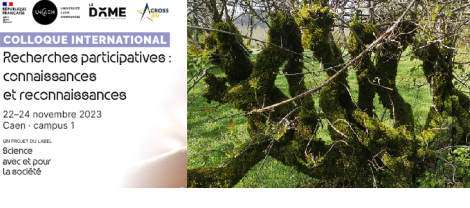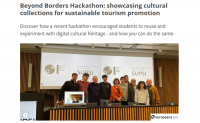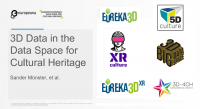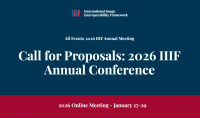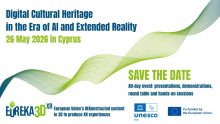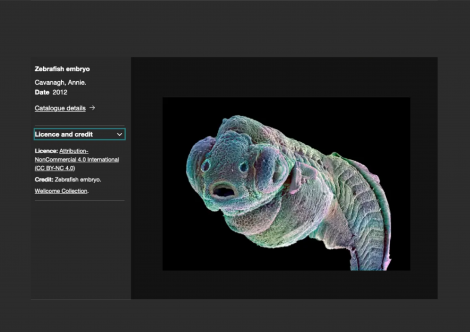
The Wellcome Collection uses IIIF to make medical and scientific materials available via a their custom-built Welcome Viewer, which supports search and autocomplete service integration with overlaid search results, as well as 3D, audio, video, and pdf viewing experiences.
The 2024 International Image Interoperability Framework (IIIF) Annual Conference will be held in Los Angeles, California June 4–7, 2024, and will be hosted by UCLA Library, Getty, and the IIIF Consortium.
IIIF is a set of open standards for delivering high-quality, attributed digital objects online at scale. It’s also an international community developing and implementing the IIIF APIs.
Funded by a 67-member global consortium, III F is leveraged by aggregators, research institutions, national libraries, archives, museums, software companies, and digital agencies around the world.
The event is intended for a wide range of participants and interested parties, including digital image repository managers, content curators, software developers, scholars, and administrators at libraries, museums, cultural heritage institutions, software firms, and other organizations working with digital images and audio/visual materials.
In addition to the Conference, held June 4 and 5, the event includes a free Showcase on June 7. The Showcase is meant to introduce newcomers to IIIF, and those seeking to learn how IIIF is used in a variety of contexts. The conference features plenary presentations and sessions about IIIF implementations around the world, including cutting edge use cases and demonstrations.
The Call for Proposals is now open and submissions are due by February 6, 2024.
The IIIF Conference Program Committee encourage showcasing developments in IIIF and in particular welcome presentations in the following areas:
- Interoperability in IIIF contexts and beyond / Linked Open Usable Data (LOUD)
- Innovative IIIF use cases and implementations, including Audio/Visual, 3D,
- AI/machine learning, Maps, etc.
- Implementation of IIIF in teaching and learning contexts
- Implementations of IIIF beyond image viewing, including Annotation, Content
- Search, Aggregation/Discovery, Transcription/OCR, and Accessibility
- Mediating access of IIIF resources, including copyright, ethics/CARE/FAIR principles, and reuse
- Sustainability and the environmental impact of IIIF environments and resources
Find additional details about the Call for Proposals and required formats here
Submit your proposal here
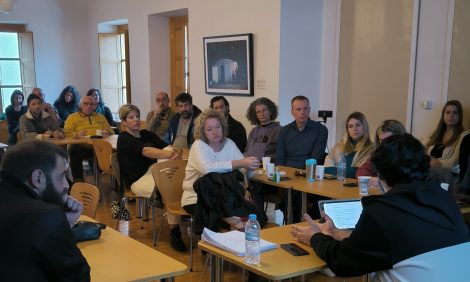
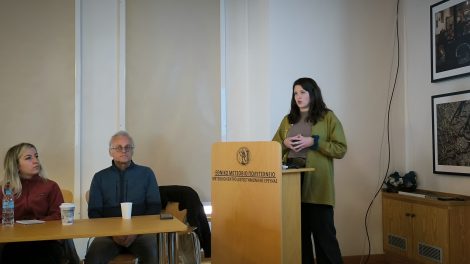
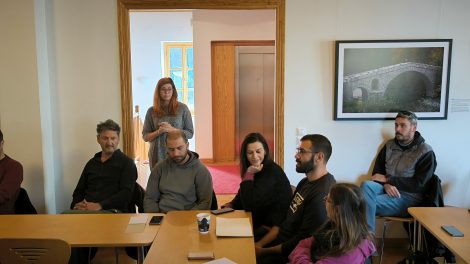
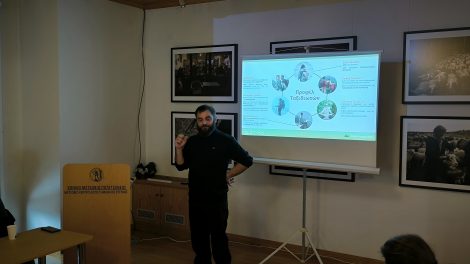
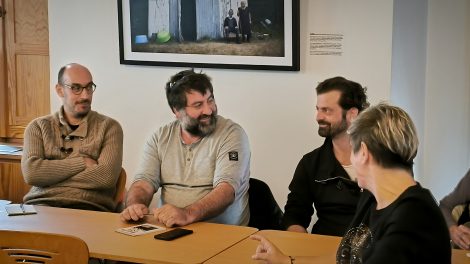
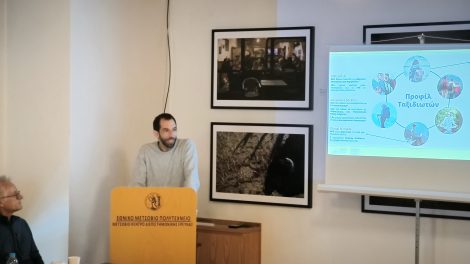
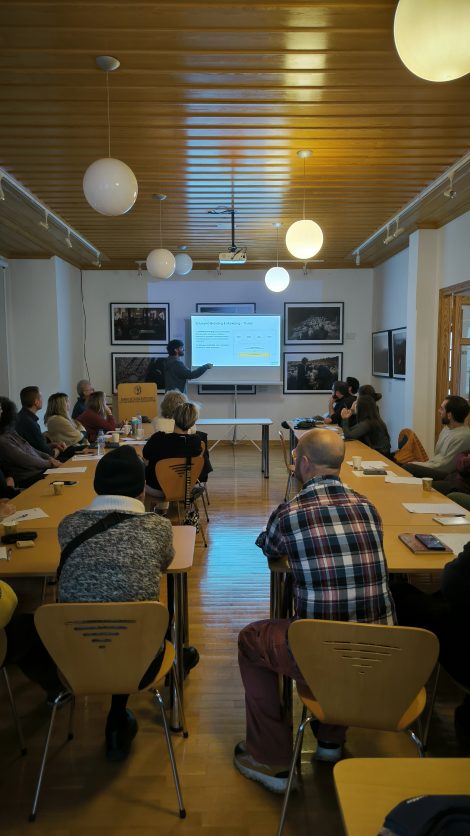
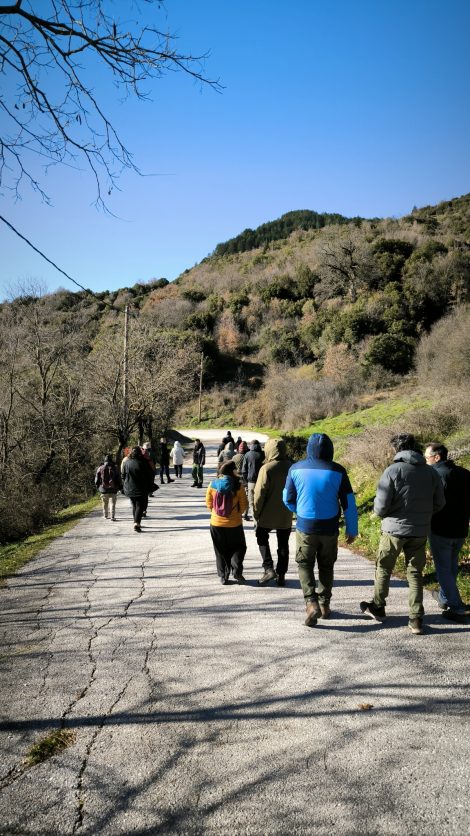



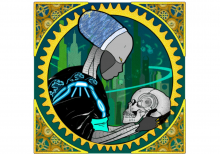
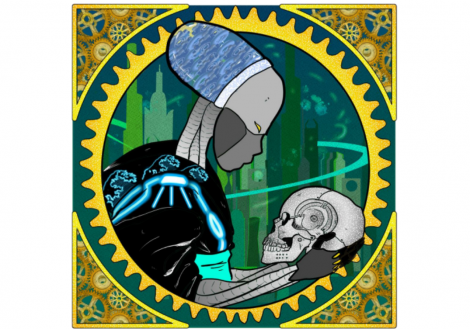
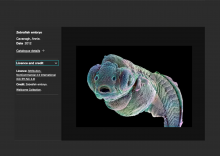

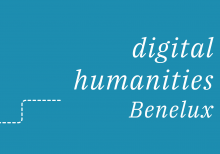
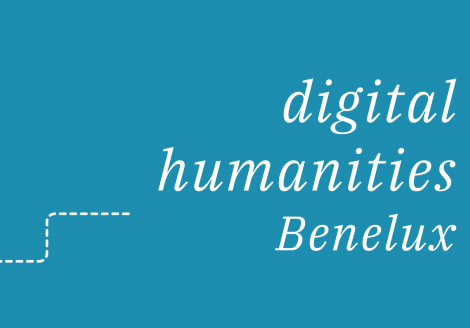
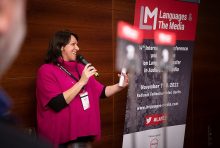
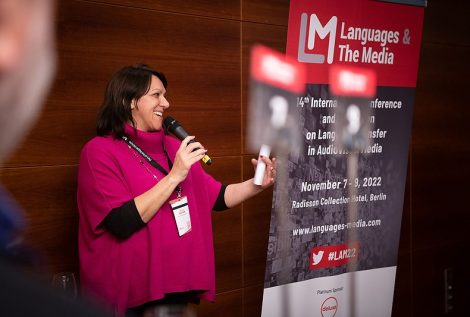
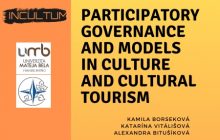
 Participatory Governance and Models in Culture and Cultural Tourism is the tile of the book that is now available for free
Participatory Governance and Models in Culture and Cultural Tourism is the tile of the book that is now available for free 
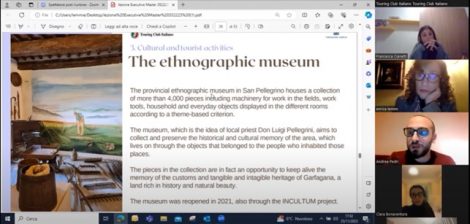
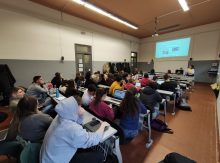
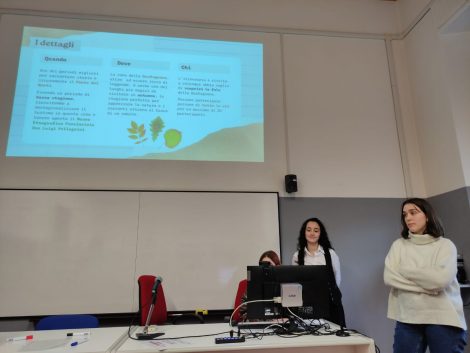
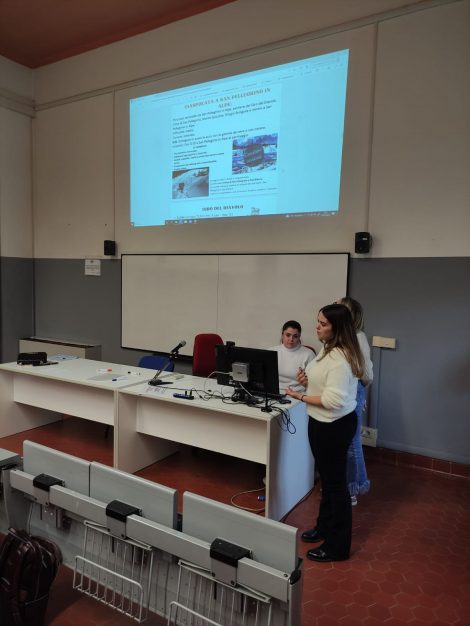

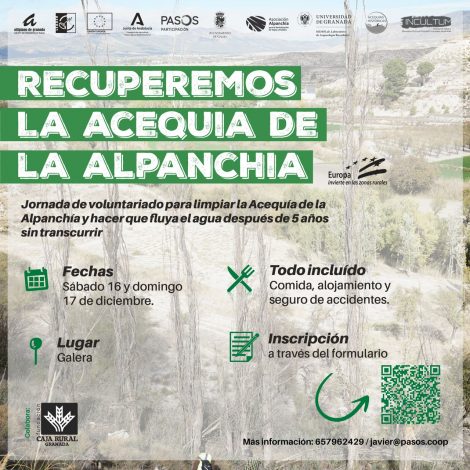 As part of the
As part of the 